From China to Germany Door to Door Service : Your Dependable Partner
Door-to-door service refers to the full logistics service in international trade between the consignor’s door in the exporting country and the consignee’s door in the importing country. This service mode covers transport, customs clearance, insurance, warehousing and other links, providing a one-stop logistics solution for import and export enterprises.
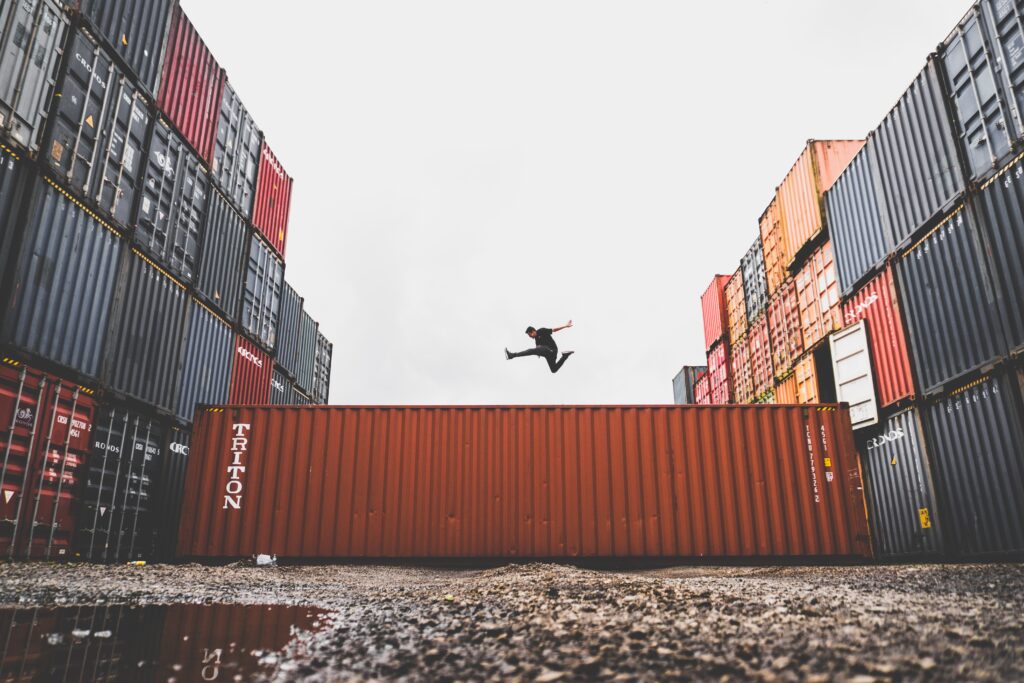
Door-To-Door Transport Options
Depending on the type of goods, you can choose different shipping methods. Each transportation mode has unique advantages and ideal use cases. Choosing the right mode depends on factors such as the nature of the goods, transport distance, time requirements, and budget. By selecting and combining these modes effectively, businesses can achieve efficient, cost-effective, and reliable logistics solutions.
Sea-Rail Transportation
Advantages:
⭐Cost-Effective:
More economical than air freight, suitable for bulk goods and non-urgent shipments.
⭐Flexibility:
Rail transport can efficiently cover long distances inland.
Ideal For:
Bulk cargo.
Cost-sensitive and non-urgent shipments.
Destinations that are well-connected by rail.
Process:
Sea Freight: Goods are transported by sea from the origin to the destination port.
Port Operations: Unloading, customs clearance, and transshipment at the port.
Rail Transport: Goods are transported from the port to the final destination by rail.
Sea-Air Transportation
Advantages:
⭐Speed-Cost Balance:
More economical than air freight alone and faster than sea freight alone.
⭐Wide Applicability:
Suitable for goods requiring a balance between cost and transit time.
Ideal For:
Goods needing a balance between cost and speed.
Cross-regional trade requiring faster delivery than sea freight alone.
Process:
Sea Freight: Goods are transported by sea to an intermediate port.
Transshipment: Unloading, customs clearance, and reloading at the intermediate port.
Air Freight: Goods are transported by air from the intermediate port to the final destination.
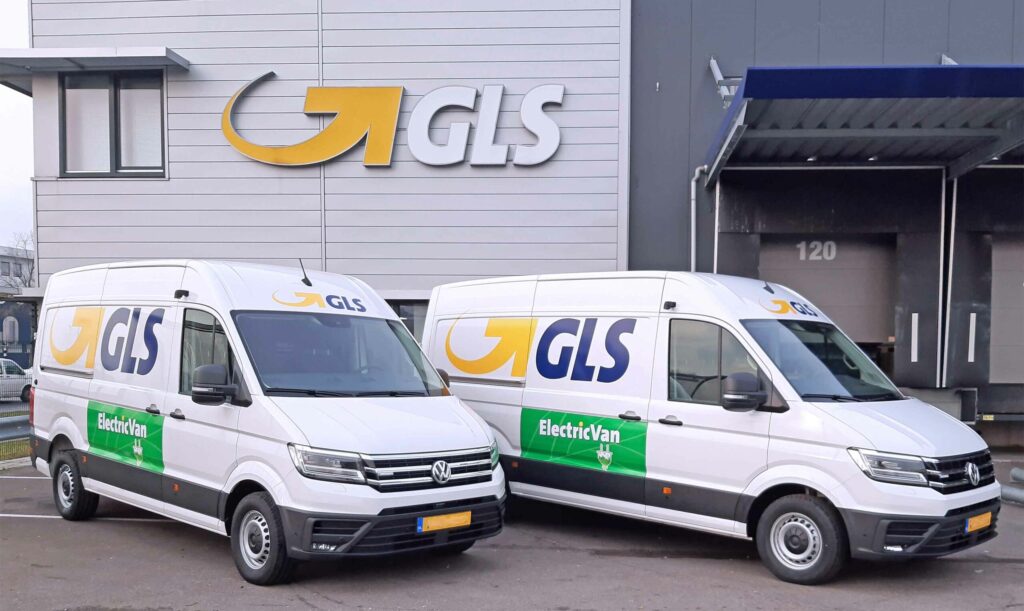
Air Transportation
Advantages:
⭐Speed:
The fastest international transportation method, suitable for urgent shipments.
⭐High Security:
Typically safer, with lower risks of damage and loss.
Ideal For:
Urgent shipments.
High-value goods.
Seasonal products or goods needing rapid market entry.
Process:
Air Freight: Goods are transported by air from the origin to the destination airport.
Airport Operations: Customs clearance, unloading, and transshipment at the destination airport.
Final Delivery: Goods are transported to the final destination by truck or courier.
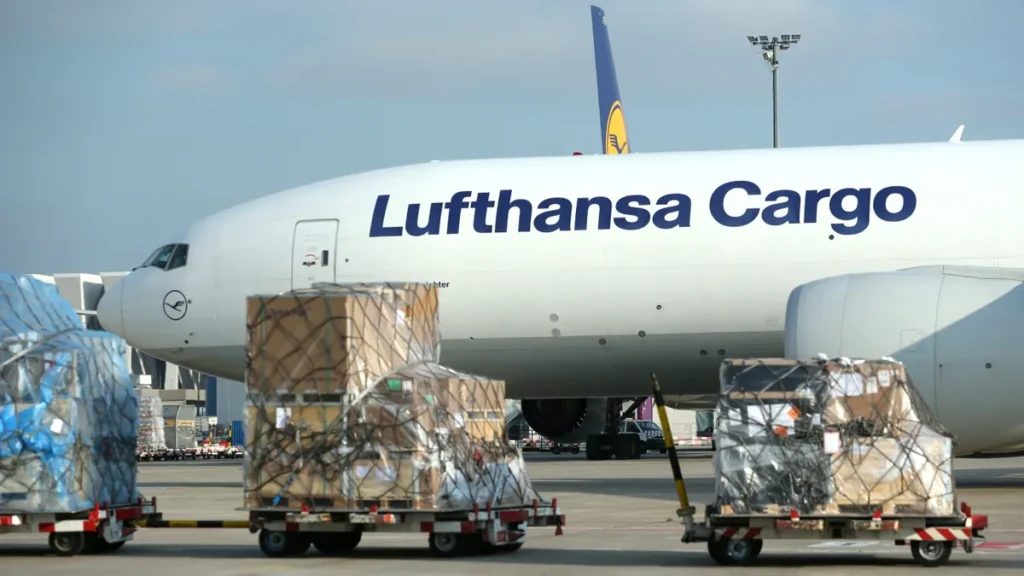
Truck Transportation
Advantages:
⭐Flexibility:
Highly adaptable, with door-to-door delivery capability.
⭐Wide Coverage:
Can reach many locations that sea and air freight cannot directly access.
Ideal For:
Regional or domestic shipments.
Multi-point distribution or flexible routing needs.
Small to medium-sized shipments.
Process:
Loading: Goods are loaded onto trucks at the origin.
Transport: Goods are transported via road, with potential stops or transfers.
Final Delivery: Goods are delivered directly to the final destination.
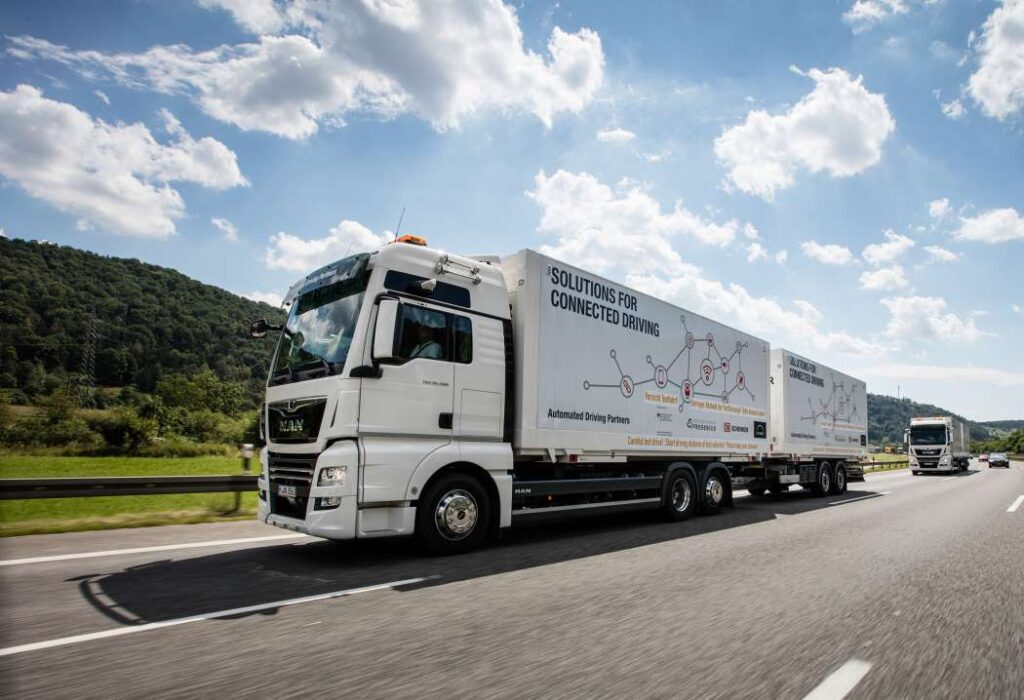
Knowledge Issues about Door to Door service
What’s service can Linkway Offer?
We can arrange not only sea/air logistics, but also door-to-door services, such as door-to-door loading supervision and transportation insurance.

WAREHOUSE LOADING
We can gather cargo from all over China in our warehouse and arrange for inventory loading.

ON-SITE SUPERVISION OF LOADING
We can arrange movers to the factory to load the container and supervise the loading on site (GUANGZHOU/SHENZHEN/DONGGUAN/FOSHAN/ZHONGSHAN,ETC).

INSURANCE
Purchasing insurance services protects against potential financial loss by providing financial compensation in the event of damage, loss or theft of goods during transportation.
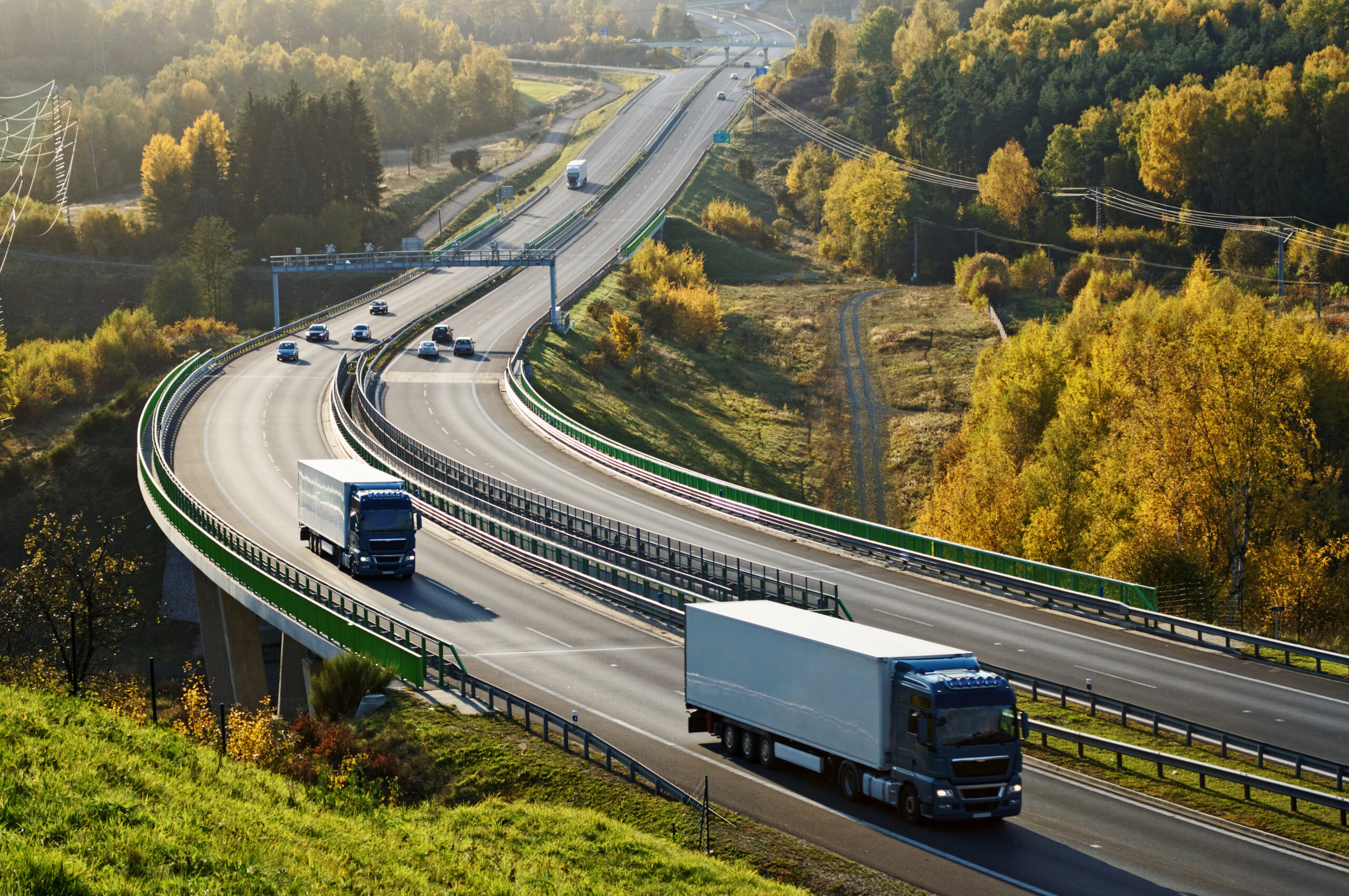
DELIVERY BY TRUCK/EXPRESS
We will arrange the appropriate delivery method according to the delivery address and the quantity of the goods to ensure the safety and reasonableness of the goods.